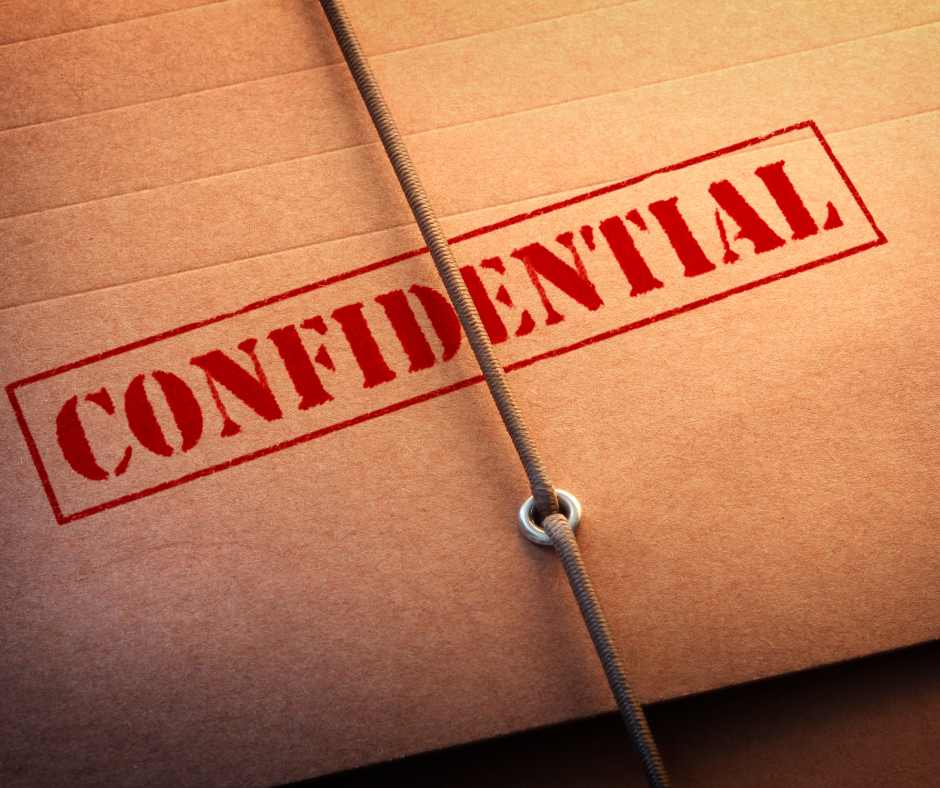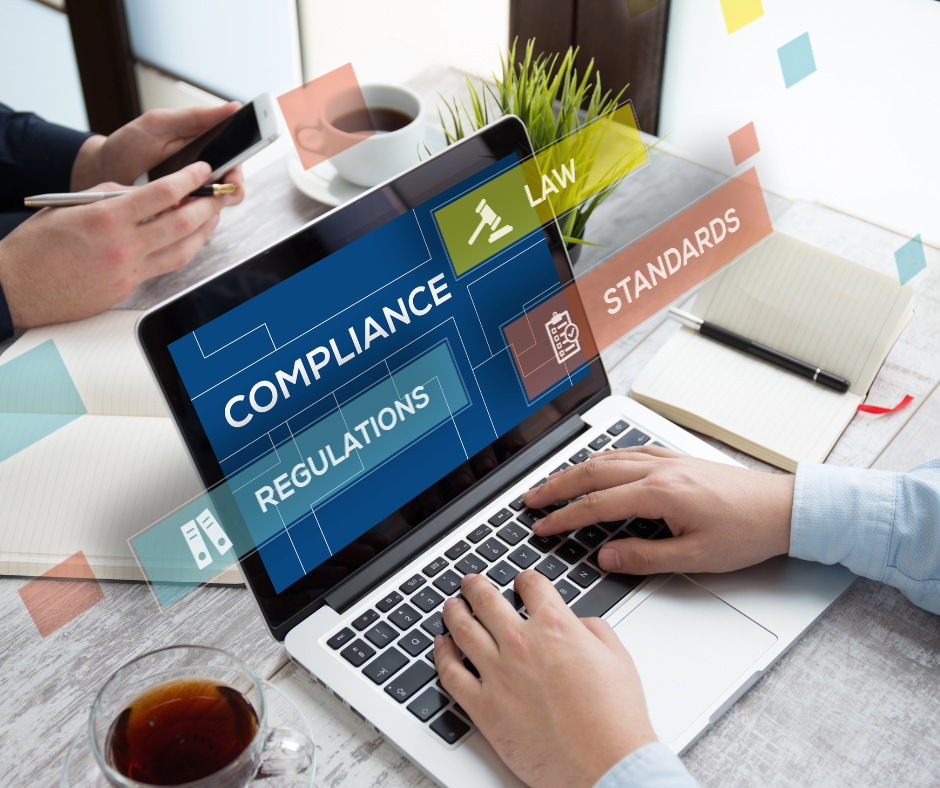
When it comes to maintaining a culture of integrity and ethical behavior within an organization, a well-implemented ethics hotline can make all the difference. But how exactly does an ethics hotline work in a company as large and diverse as UPS? Let’s explore the inner workings of the UPS Ethics Hotline and delve into the critical aspects of ensuring compliance and addressing potential misconduct.
Key Takeaways
- UPS Ethics Hotline provides a safe space for employees to report issues and maintain anonymity.
- Reports are investigated thoroughly and corrective action is taken, while data privacy is maintained in compliance with laws & regulations.
- UPS encourages ethical values by providing training, setting leadership tone at the top, rewarding ethical behavior & monitoring ethics programs.
Understanding the UPS Ethics Hotline
The UPS Ethics Hotline is an invaluable resource for employees to report potential misconduct, allowing them to remain anonymous if they choose to. Serving as a fundamental part of UPS’s commitment to fostering a culture of integrity, the hotline encourages honesty, accountability, and adherence to the company’s values, cultivating a work environment built on trust and respect.
The hotline embodies UPS’s dedication to ethical conduct and plays a pivotal role in it.

The Importance of Reporting Potential Misconduct
Reporting potential misconduct may seem like a daunting task, but it is essential in preserving a positive work atmosphere and safeguarding the reputation of companies. By offering employees and representatives a platform to report concerns or potential misconduct, UPS and other organizations prioritizing ethical behavior, create an environment where individuals feel motivated and protected in voicing their concerns.
Such an environment fosters a proactive approach among employees when they spot potentially unethical behavior.
Types of Issues Addressed by the UPS Ethics Hotline
The UPS Ethics Hotline addresses a wide range of issues, from harassment and discrimination to fraud and other unethical behaviors. Employees can report these issues with the confidence that their concerns will be taken seriously and investigated promptly, without fear of retaliation.
Addressing and resolving these issues highlight the unwavering dedication of the company to uphold human rights and nurture a respectful, inclusive corporate workplace within the company.
Best Buy Code of Ethics
The Best Buy Code of Ethics embodies the fundamental principles that guide the actions and decisions of individuals within the company. This code serves as a compass, defining the ethical expectations and responsibilities of employees at every level. Best Buy places a significant emphasis on integrity, demanding that employees act honestly, ethically, and in compliance with all laws and regulations. Respect for all stakeholders, including customers, employees, suppliers, and the communities in which they operate, is central to Best Buy’s ethical framework. Upholding a commitment to transparency and accountability, the code sets a high standard for behavior and helps cultivate a culture of trust and integrity within the organization.
Anonymity and Confidentiality in the UPS Ethics Hotline

Protecting the identity and confidentiality of those reporting concerns is a critical aspect of the UPS Ethics Hotline. UPS employs confidential reporting measures, ensuring employees can disclose instances of fraud or inappropriate behavior without revealing their identities.
How Anonymity is Maintained
The UPS Ethics Hotline ensures anonymity by being maintained and managed by a third-party service. This third-party service ensures that the identity of individuals remains confidential and not disclosed to those involved in the process, utilizing methods such as limited power of attorney (POA) or trusted computing to maintain anonymity.
Furthermore, tactics such as secure record-keeping, data encryption, and physical security aid in maintaining the anonymity of the caller.
Confidentiality of Reports
UPS places utmost importance on maintaining the confidentiality of reports. Access to report details is restricted to individuals with a legitimate business need, such as those directly involved in the investigation or resolution of the reported incident.
UPS adheres to legal responsibilities outlined in the UPS Code of Business Conduct and requirements for privacy and protection of personal information in the UPS Data Processing Exhibit to ensure confidentiality in the Ethics Hotline.
The Reporting Process: From Call to Resolution

The reporting process through the UPS Ethics Hotline consists of three main steps: initiating a report, conducting an investigation, and taking corrective action based on the investigation’s findings.
This thorough approach guarantees appropriate addressing of concerns and ensures a fair resolution.
Initiating a Report
Employees can initiate a report through the hotline or the online reporting system, both of which are available 24/7. When lodging a report, it’s crucial to include important details like:
- The nature of the incident
- Involved individuals (if known)
- Supportive evidence or documentation
- Contact information for follow-up.
Such information assists the compliance team in conducting a thorough and efficient investigation.
Investigation and Follow-Up
The UPS Ethics Hotline team carries out investigations promptly, discreetly, and professionally. Depending on the complexity of the case, an investigation may last from a few days to several months.
If necessary, the compliance team may contact the reporter for further information, taking into account the severity of the incident, credibility of the reporter, and potential impact on UPS’s operations and reputation.
Taking Corrective Action

Once the investigation is complete, corrective action is applied based on the findings, ensuring a fair and just resolution. Corrective actions may include:
- Addressing the issue expediently
- Taking prompt steps to rectify safety hazards or violations
- Conducting additional investigations if required
- Providing training or education
- Enforcing disciplinary actions against individuals involved in unethical behavior
The person who first reported the issue will receive a notification about the outcomes of the corrective actions.
Companies’ Ethical Policies
Companies’ ethical policies outline the guidelines and principles that govern their actions, ensuring they align with moral and social standards. These policies encompass a range of areas, including environmental responsibility, fair labor practices, anti-corruption measures, and more. In today’s business landscape, consumers and stakeholders increasingly value companies that prioritize ethics and sustainability. Companies’ ethical policies not only guide internal decision-making but also demonstrate a commitment to corporate social responsibility, fostering trust and credibility with their stakeholders. It is imperative for organizations to continually review and update these policies to adapt to evolving societal norms and expectations, thereby contributing to a more ethical and sustainable business environment.
Encouraging a Culture of Ethics and Compliance at UPS

Promoting a culture of ethics and compliance at UPS involves a combination of employee responsibilities and management support. Both employees and management have a critical part in upholding ethical behavior and reporting and addressing misconduct.
Employee Responsibilities
UPS encourages its employees to:
- Report concerns and maintain ethical standards in their everyday work
- Abide by all applicable laws and regulations
- Demonstrate integrity, honesty, and fairness in all aspects of their work
- Undergo compliance training and adhere to the code of conduct.
Employees who do not report unethical behavior may face disciplinary action, including termination of employment or legal consequences.
Management’s Role in Promoting Ethics
UPS management holds a pivotal role in nurturing ethical practices within the organization. They are responsible for setting an example, demonstrating appropriate behavior, and addressing any issues in a timely manner.
Management also employs various strategies to cultivate an ethical culture, such as:
- Training managers
- Encouraging transparency and communication
- Setting leadership and tone at the top
- Rewarding ethical behavior
- Consistently monitoring and improving ethics and compliance programs.
Legal and Regulatory Considerations

The operation of the UPS Ethics Hotline takes into account vital legal and regulatory considerations. Ensuring compliance with laws and regulations and maintaining data protection and privacy are crucial aspects of the hotline’s proper functioning.
Compliance with Laws and Regulations
The UPS Ethics Hotline functions in compliance with all pertinent laws and regulations, ensuring appropriate handling of reports. This includes upholding the UPS standards of integrity, legal and ethical responsibilities, and regulations related to wages, work hours, and benefits.
Compliance with these laws and regulations is vital to avoid severe consequences, such as financial penalties or legal sanctions.
Data Protection and Privacy
The secure storage of report information and adherence to privacy regulations, including the European Union’s General Data Protection Regulation (GDPR) and other relevant data protection laws, ensure data protection and privacy.
UPS has implemented measures and a Privacy Notice, outlining how they collect and use personal data to ensure the confidentiality of information reported through the Ethics Hotline.
Code of Conduct Examples
Code of conduct examples provide essential guidelines and principles for appropriate behavior within a specific context, typically a professional or community setting. These examples outline expected behavior, values, and ethics, serving as a framework to ensure a respectful and inclusive environment. For instance, within a workplace, a code of conduct might emphasize respectful communication, collaboration, and adherence to organizational policies. In an online community, guidelines may revolve around promoting constructive discussions, discouraging hate speech, and upholding the rights and dignity of all participants. By offering concrete scenarios and expectations, these examples facilitate a shared understanding of acceptable conduct, promoting a harmonious and cooperative atmosphere.
Summary
In conclusion, the UPS Ethics Hotline plays a crucial role in maintaining a culture of integrity and ethical behavior within the company. By offering a secure and confidential platform for employees to report potential misconduct, UPS fosters a positive work environment, upholds its commitment to ethical practices, and ensures compliance with legal and regulatory requirements. As we’ve seen, the hotline’s effectiveness relies on the combined efforts of employees and management in promoting transparency, accountability, and ethical decision-making.
Frequently Asked Questions
What are the golden rules of UPS?
UPS’s golden rules emphasize honesty, quality, and integrity, as well as avoiding inappropriate contact or comments regarding gender, race, religion, sexual orientation, or ethnicity. They are fundamental to protecting the company’s reputation and creating shareowner value.
What is UPS policy on harassment?
UPS strictly prohibits any type of harassment in the workplace, be it physical, verbal, electronic or other form. They will not tolerate any intimidation, threats or discrimination against employees and no employee is exempt from this policy. Employees are encouraged to report any incidents of harassment to their supervisor or Human Resources department. All reports will be taken seriously and investigated thoroughly. The company will take appropriate action to address any violations of this
Can a UPS supervisor date an employee?
UPS’s non-fraternization policy prohibits a supervisor from having a romantic relationship with any hourly employee, thus dating an employee is not allowed.
What is the UPS employee relationship policy?
UPS’ non-fraternization policy forbids a manager from having a romantic relationship with any hourly employee in order to prevent favoritism and the perception of it. They are committed to providing equal opportunity employment and promotion without regard to family relationships or other close, personal relationships.
What is the UPS ethics statement?
UPS is dedicated to upholding values of honesty, quality, and integrity. All employees and representatives are expected to uphold these standards and the legacy of shareowner value, supporting communities, and protecting reputation.
Important Disclaimer:
The article presented here does not serve as a representation of the company’s actual policies or code of conducts mentioned in this article.
Our discussions and insights regarding the policies or code of conducts are based on assumptions about what may be considered significant in this companies’ policies. These assumptions are drawn from available information and industry knowledge. Readers are advised that the content provided is for informational purposes only and should not be construed as an exact reflection of any company’s official policies or procedures. For precise and accurate details regarding a company’s policies, individuals should refer directly to the company’s official documentation or consult with appropriate representatives.
Please be aware that the content on this page has been generated by using artificial intelligence language models and may contain errors, inconsistencies, or outdated information. It is provided as-is without any warranties or guarantees of accuracy. We strongly recommend using this content as a starting point for further research. We disclaim any liability for damages or losses resulting from the use or reliance on this content.